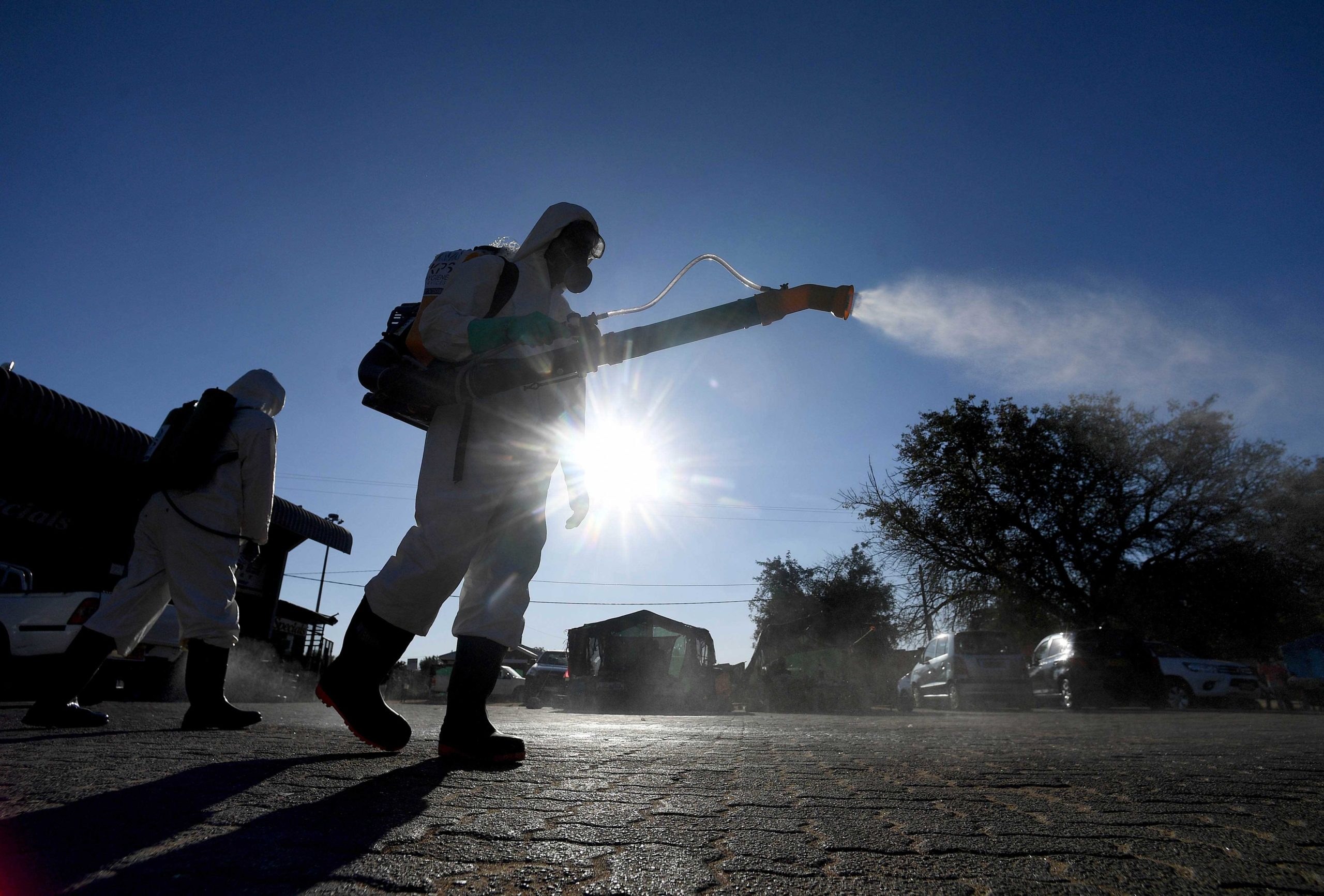Is it too soon to talk about COVID-19? Or more specifically, what it could mean for the human race? Simon Hughes shares his thoughts with Kabelo Binns.
No matter how the facts and figures are presented, there are so many vested interests in fossil-fuels, travel, etc; that behavioural change is glacial at best.
Is it too soon to talk about Covid-19? Or more specifically, what it could mean for the human race? I hope not. Bear with me. I am not referring to widespread loss of lives, and global economic slow-down. I mean long term positive change.
Over the past decade or so, humankind has bumbled and fought its way through the climate change/global warming/global heating/end-of-civilisation-as-we-know-it-debate. There have been attempts by scientists to do what they do not do naturally – communicate – followed by what in the future will likely be seen as international illegal arms dealer levels of vacillation and denial; all resulting in staggering levels of inaction.
The only thing we have done well as we face certain doom is nothing. No matter how the facts and figures are presented, there are so many vested interests in fossil-fuels, travel, etc; that behavioural change is glacial at best – excuse the pun. Actually, request for excusal withdrawn; glaciers are disappearing faster than we are changing our behaviour.
But, with our knees knocking on the high diving platform, the human race has been given a metaphorical shove from behind. It seems we can effect change if we have to, and through drastic circumstances, we have been shown how. Every year, coal consumption and the resulting emissions from China – one of the world’s largest polluters – drops away significantly immediately before and after Chinese New Year celebrations, recovering predictably within a period of about 20-days. However, as the Covid-19 crisis deepened to terrifying levels across the city of Wuhan, in Hubei Province, and fear gripped much of China, decisive action by Chinese authorities to limit the spread saw industrial output remain extremely low, resulting in a drop in coal consumption of 25 % (Myllyvirta 2020). Yes; one-quarter. And remaining flat at the time of writing.
While thousands of people have tested positive for this aggressive virus, and national health authorities brace for a global pandemic, this startling outcome – under undeniably extreme conditions – shows that the human behaviour and voracious production and consumption can be adjusted. Change does not come incrementally; it occurs under radical or extreme conditions. While this is the mantra of most revolutionary organisations, the extreme conditions may be playing out before our very eyes.
So, generations from now, will our children look back and see the silver-lining that we are presented with at this moment in time? Will they thank us for curtailing the massive amount of waste and unnecessary consumption and travel undertaken globally every day, opting instead for reducing our ecological footprint, taking meetings by video and only travelling when we have to? Or, will they continue to shake their heads in dismay in the knowledge that faced with a clear indication that change is possible, we returned to business – and denial – as usual?
Citations:
Myllyvirta L. 2020. Analysis: Coronavirus has temporarily reduced China’s CO2 emissions by a quarter. Carbon Brief website. Found at: https://www.carbonbrief.org/analysis-coronavirus-has-temporarily-reduced-chinas-co2-emissions-by-a-quarter Accessed on 2020-03-05.




